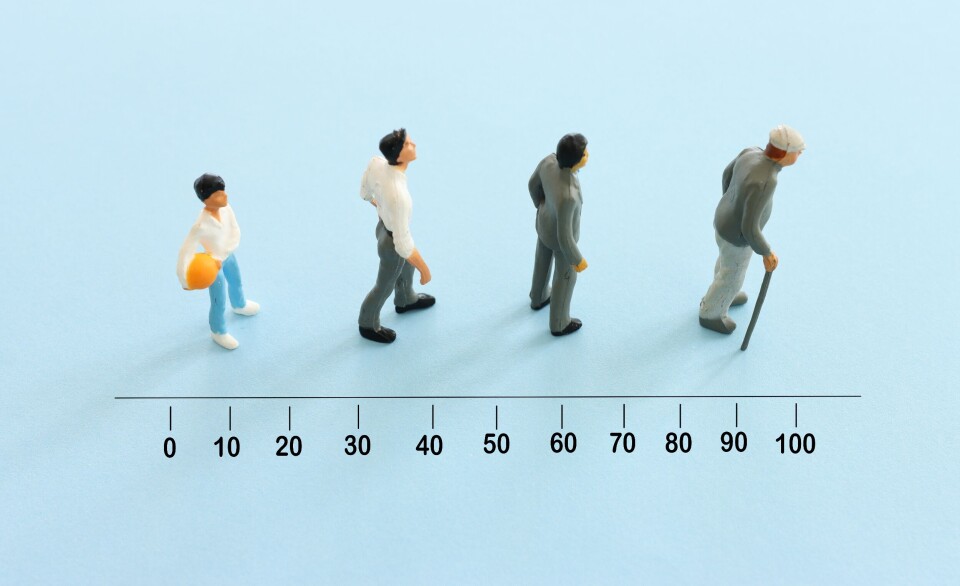French bakeries impacted by soaring butter prices
Many boulangeries are facing shortages and the prospect of having to raise the price of popular products such as croissants
Bakeries will be forced to increase their prices to make up for the increasing cost
Julia Sememova / Shutterstock
The price of wholesale butter has risen by 40% since the beginning of the year due to an outbreak of livestock diseases, according to dairy industry data, impacting bakeries across France.
Many boulangeries are facing shortages and the prospect of having to raise the price of popular products including croissants.
Butter has risen by more than €1 per kilo over the last two weeks, BFMTV reports. The cost continues to increase due to a spreading epidemic of bluetongue virus and epizootic haemorrhagic disease.
These viral diseases have been impacting livestock farms and milk collection for weeks, causing a shortfall between supply and demand.
Supermarket prices are not yet increasing, however the cost of butter for the consumer will likely rise in the new year as fixed-price contracts are set to be reviewed in January 2025.
Read also: Impending surge in flight prices: France proposes hefty airline tax hikes
Bakeries take the hit
While shoppers may not yet be seeing cost increases on supermarket shelves, wholesale markets, including bakeries, are suffering the impact.
Jérôme, a baker, told BFMTV that he uses enough butter to make 120 croissants and 120 pains au chocolat each weekday.
He said that in 2020, the butter used to make his croissants cost €7.75 per kilo. This week, the price has risen to €10.50.
The quality of his products will not be sacrificed due to the price increase of supplies, however Jérôme said he will eventually be forced to charge more for his products. For example, a croissant costing €1.25 will rise to €1.30.
This does not seem to bother his loyal customers who say that Jérôme’s artisanal bakes are worth the price.
However, butter prices are not set to decline any time soon.
Milk shortages due to livestock diseases
Butter is becoming more expensive because milk collections in exporting countries are falling, while global demand continues to grow.
Outbreaks of the insect-transmitted, viral diseases hitting sheep and cow farms across France and Europe, mean there is less milk. One litre of milk contains 4% of the fat that goes into making butter.
Government-funded vaccinations against the bluetongue serotype 3 variation will be provided to cattle farmers across France, Agriculture Minister Annie Genevard said on October 3.
Read also: Rising cost of French top-up insurance targeted by Senate report
The government has offered vaccinations to regions in northern France since August 12 to help limit the spread of this variation of the disease.
In the meantime, manufacturers are anticipating shortages as a result of the epidemic. In seeking to secure supplies they are also driving up the prices.
Lactalis, the world’s leading dairy company, announced on September 26 that it is reducing its milk collections from French farms. The dairy giant is planning to gradually cut its annual milk collection by 9% by 2030.



























